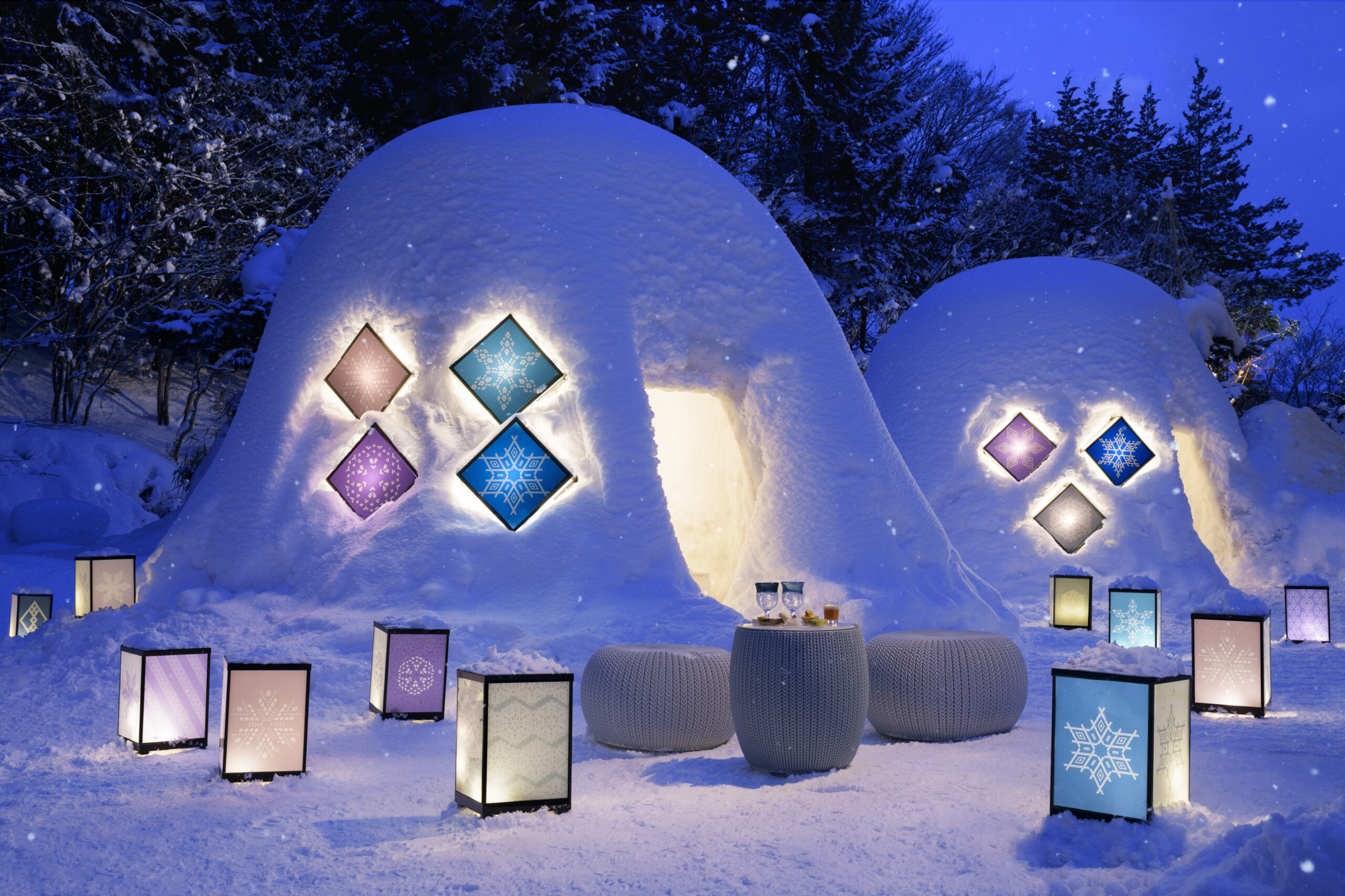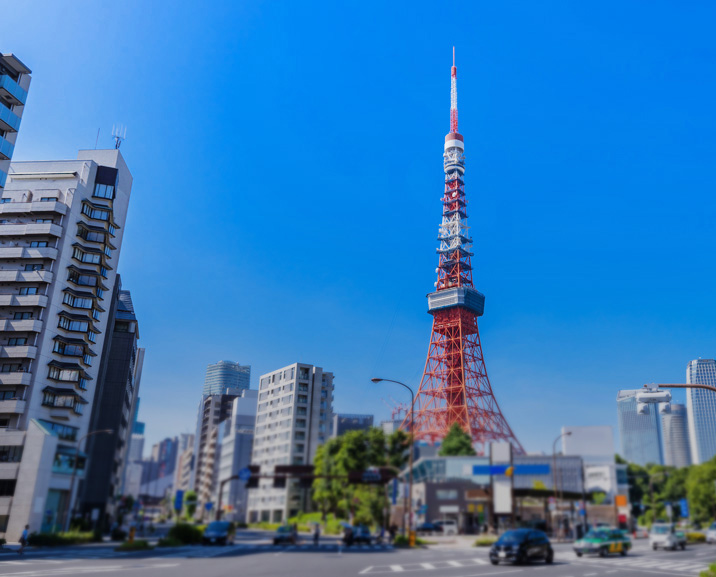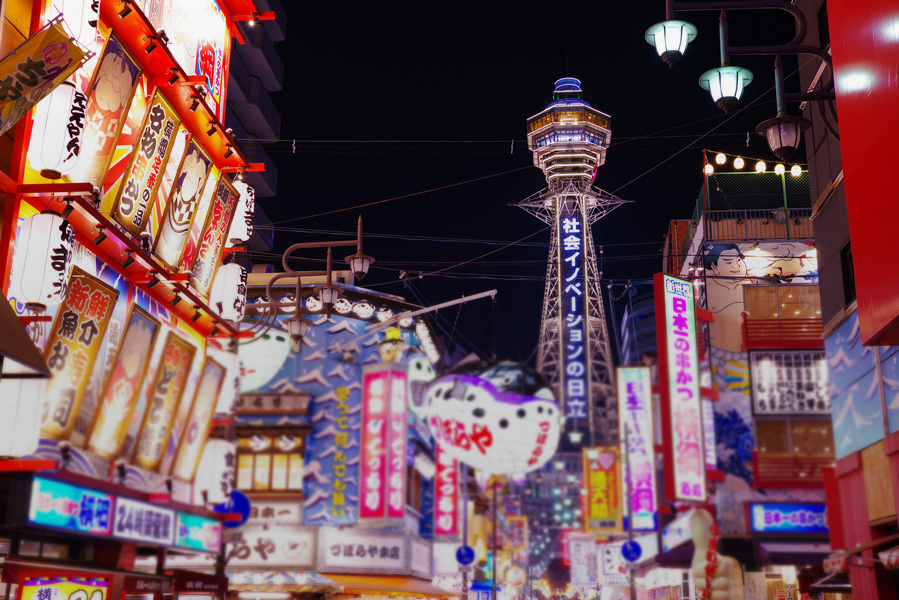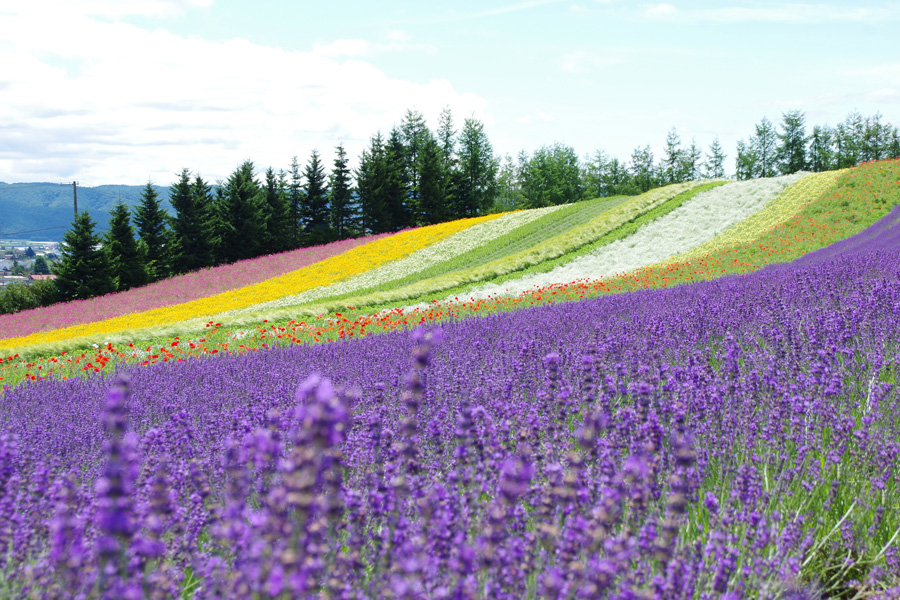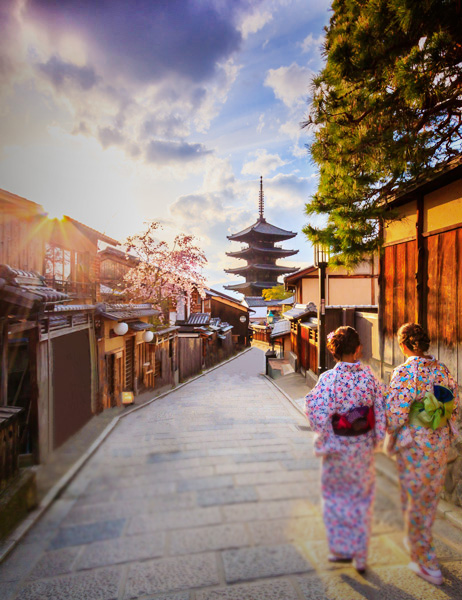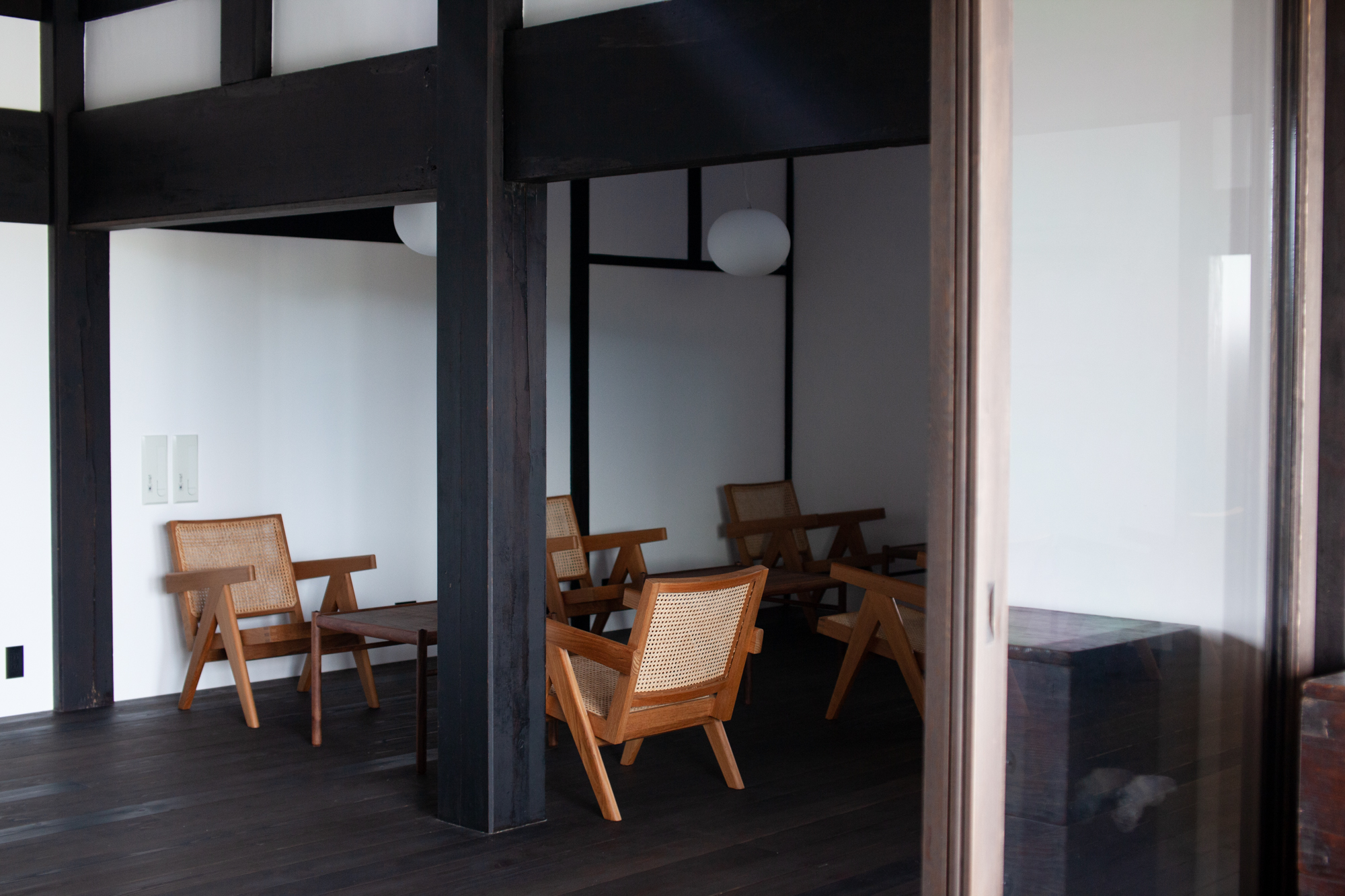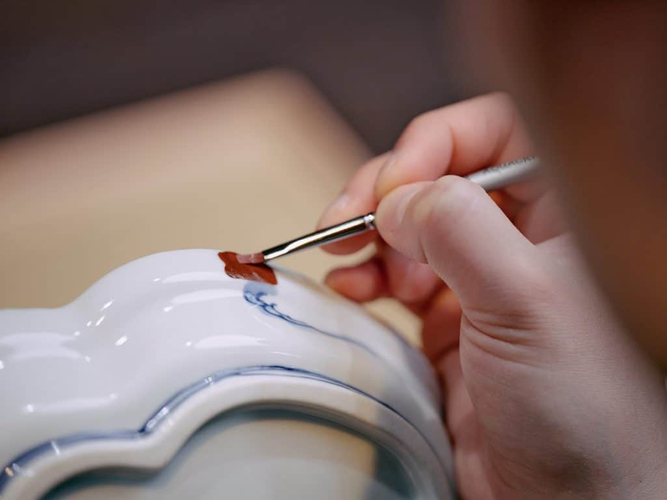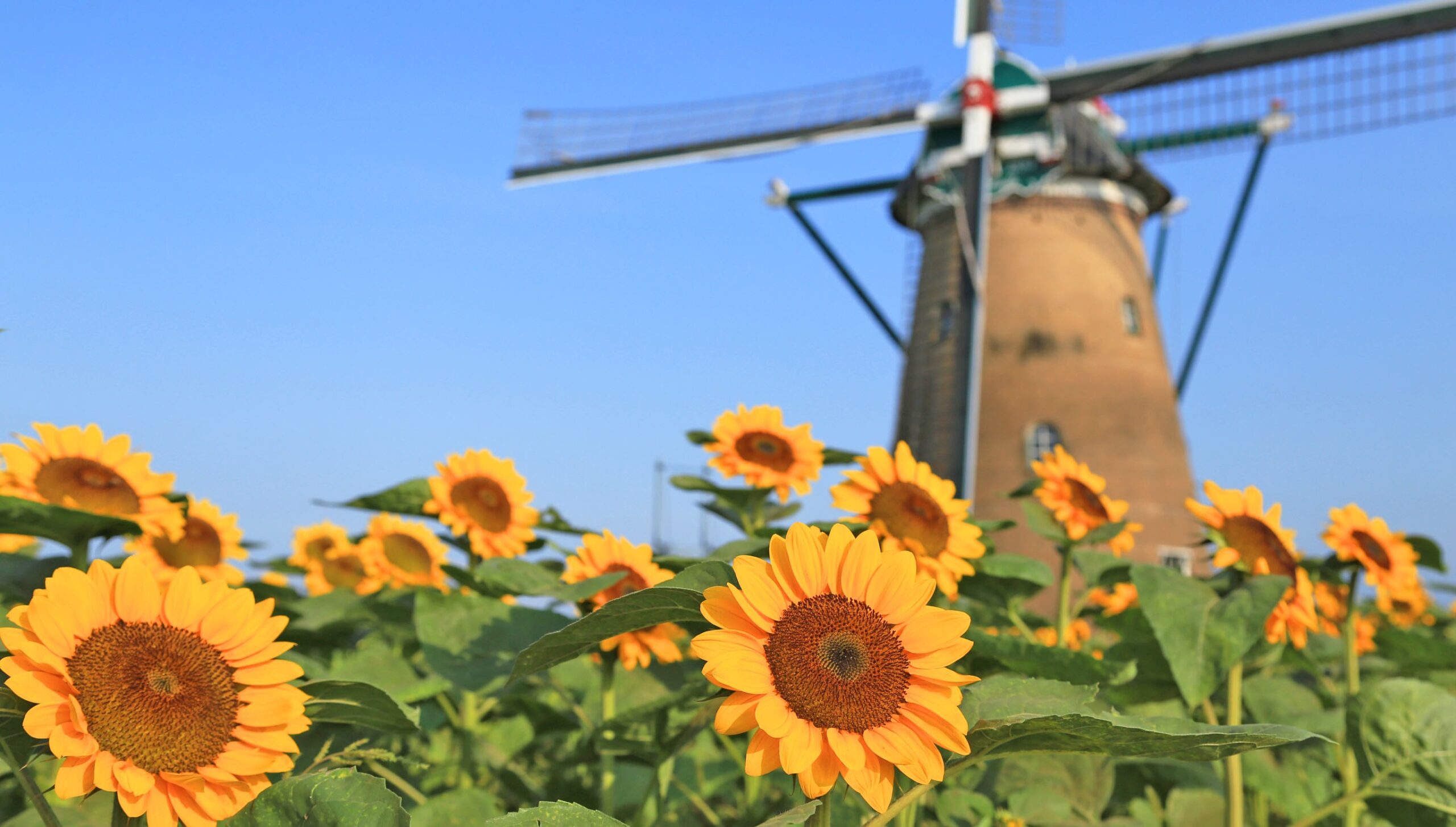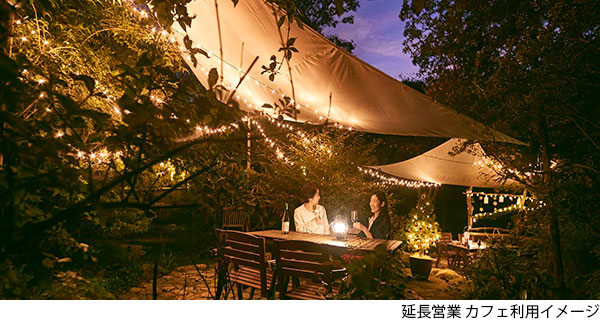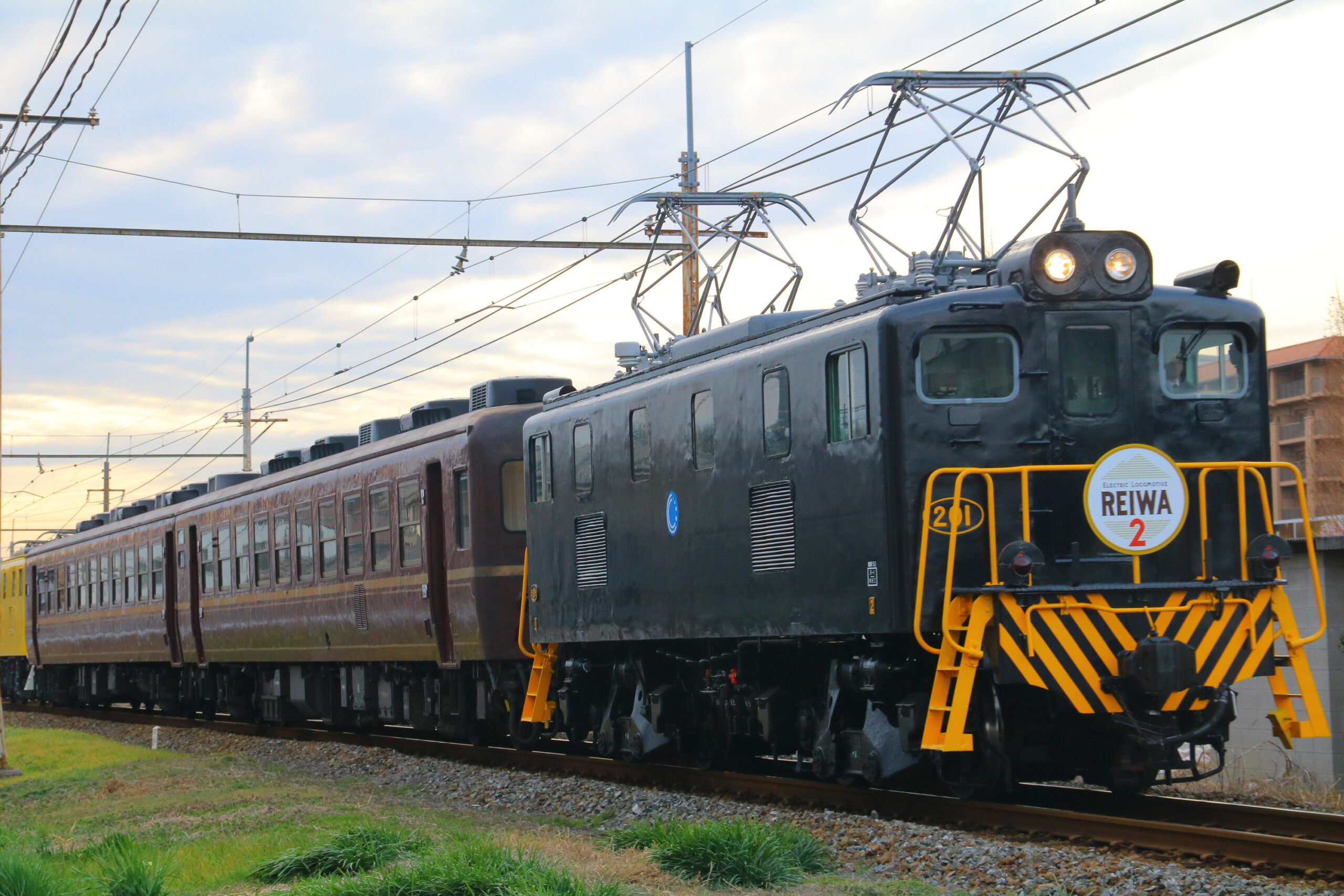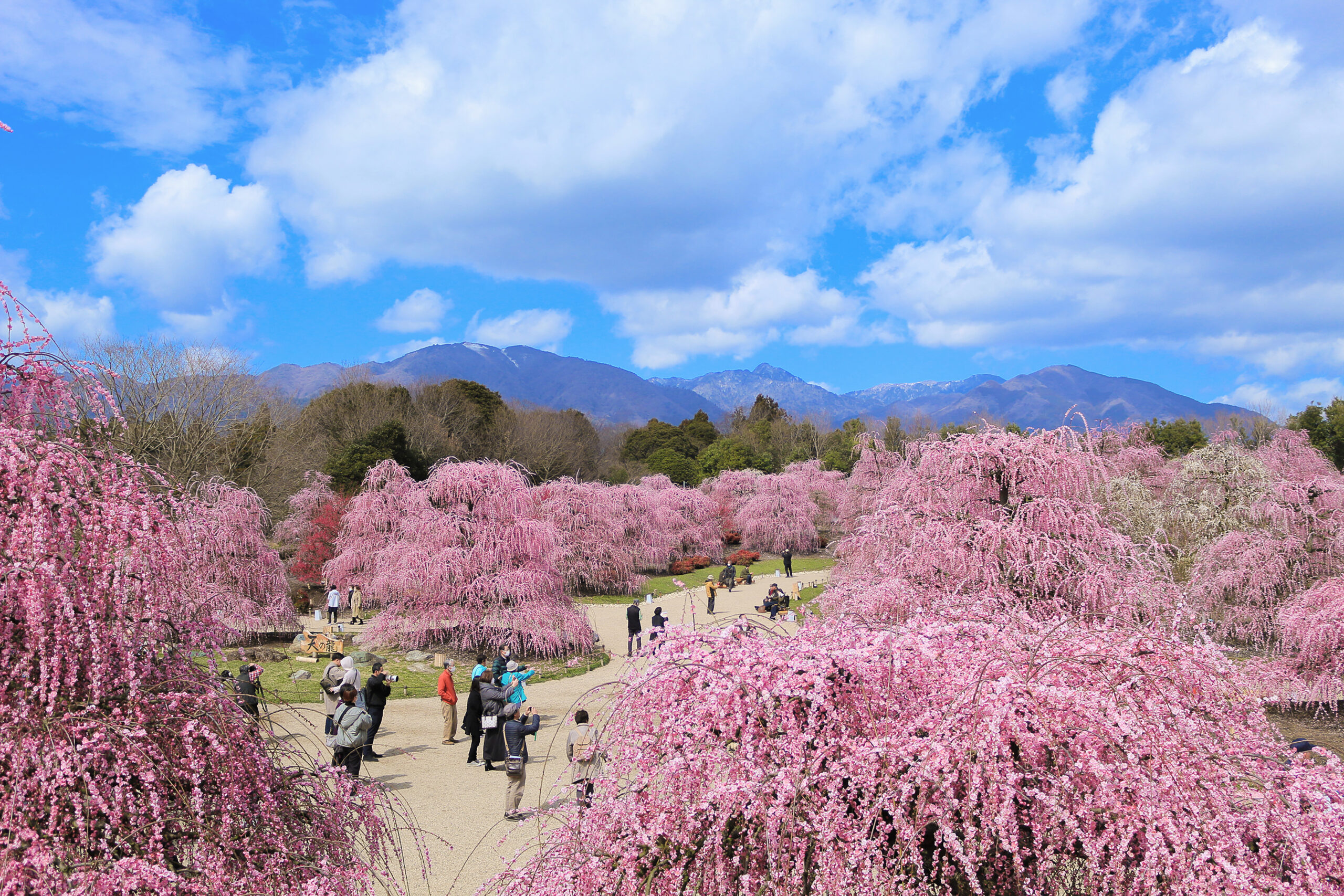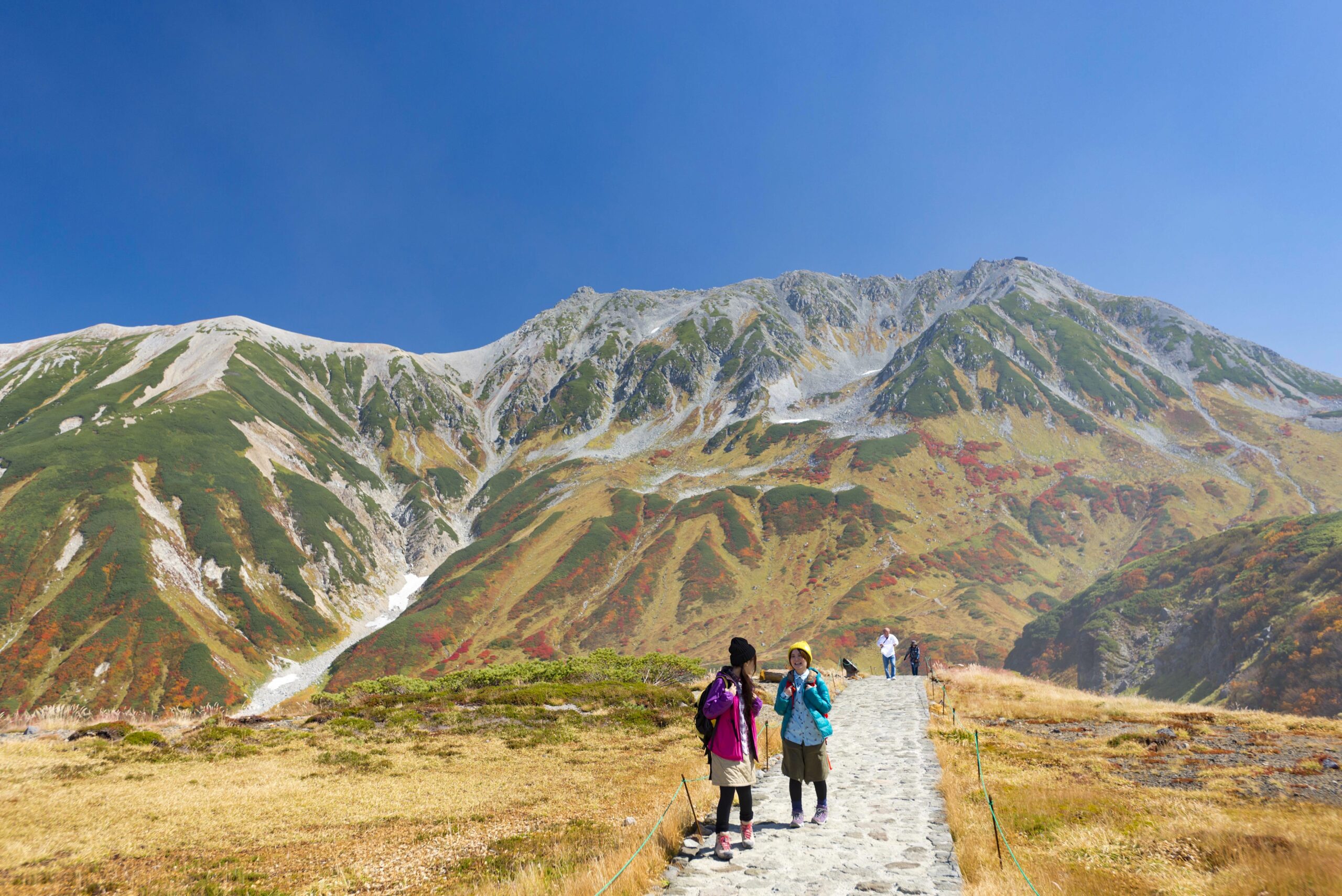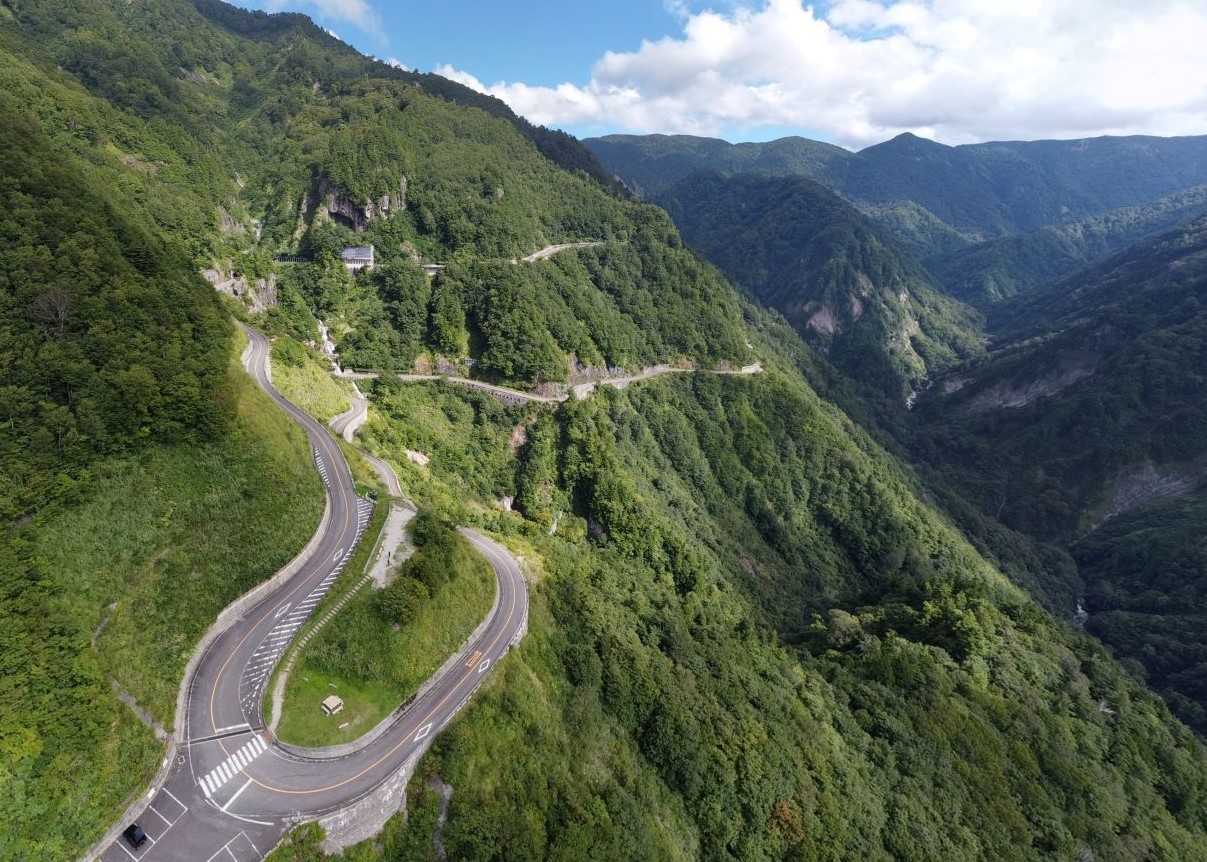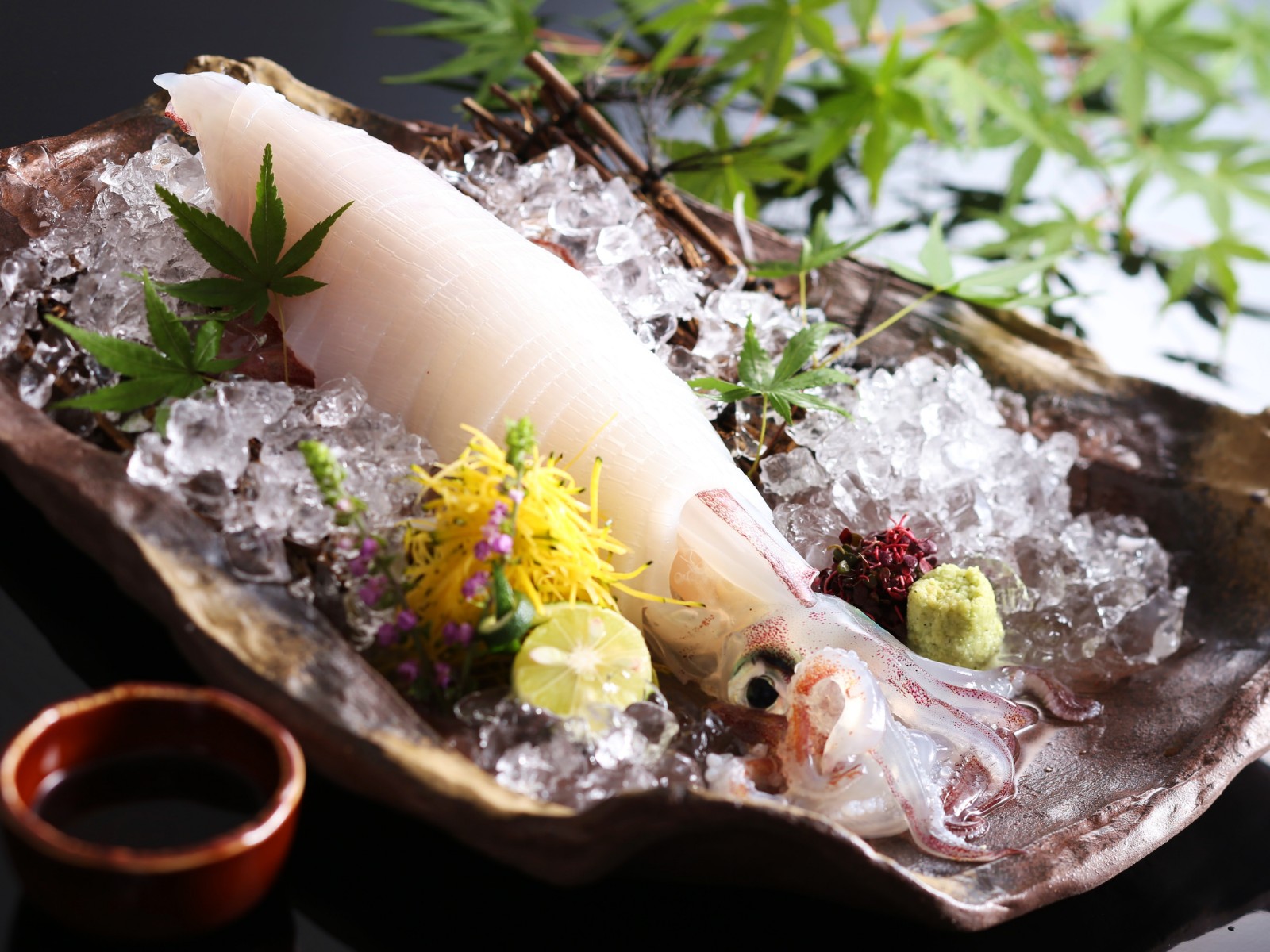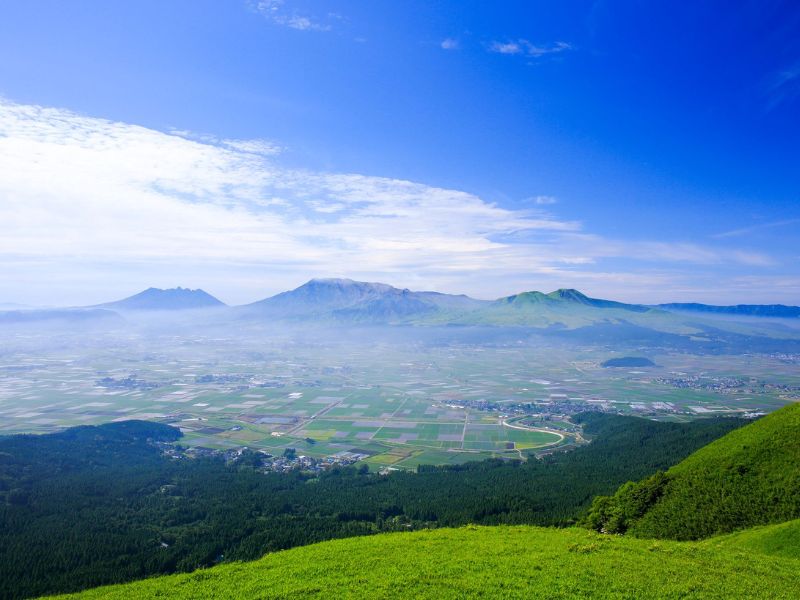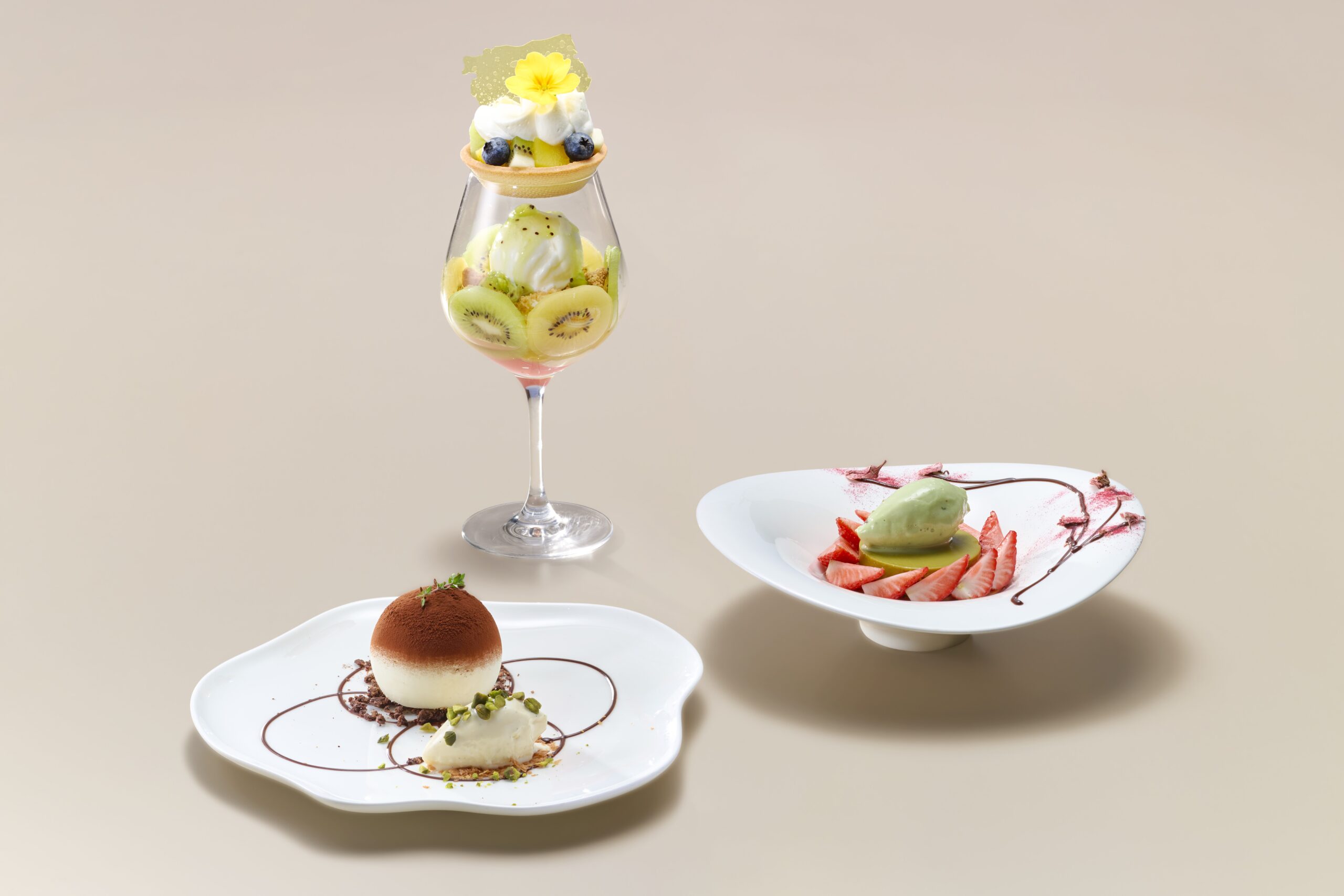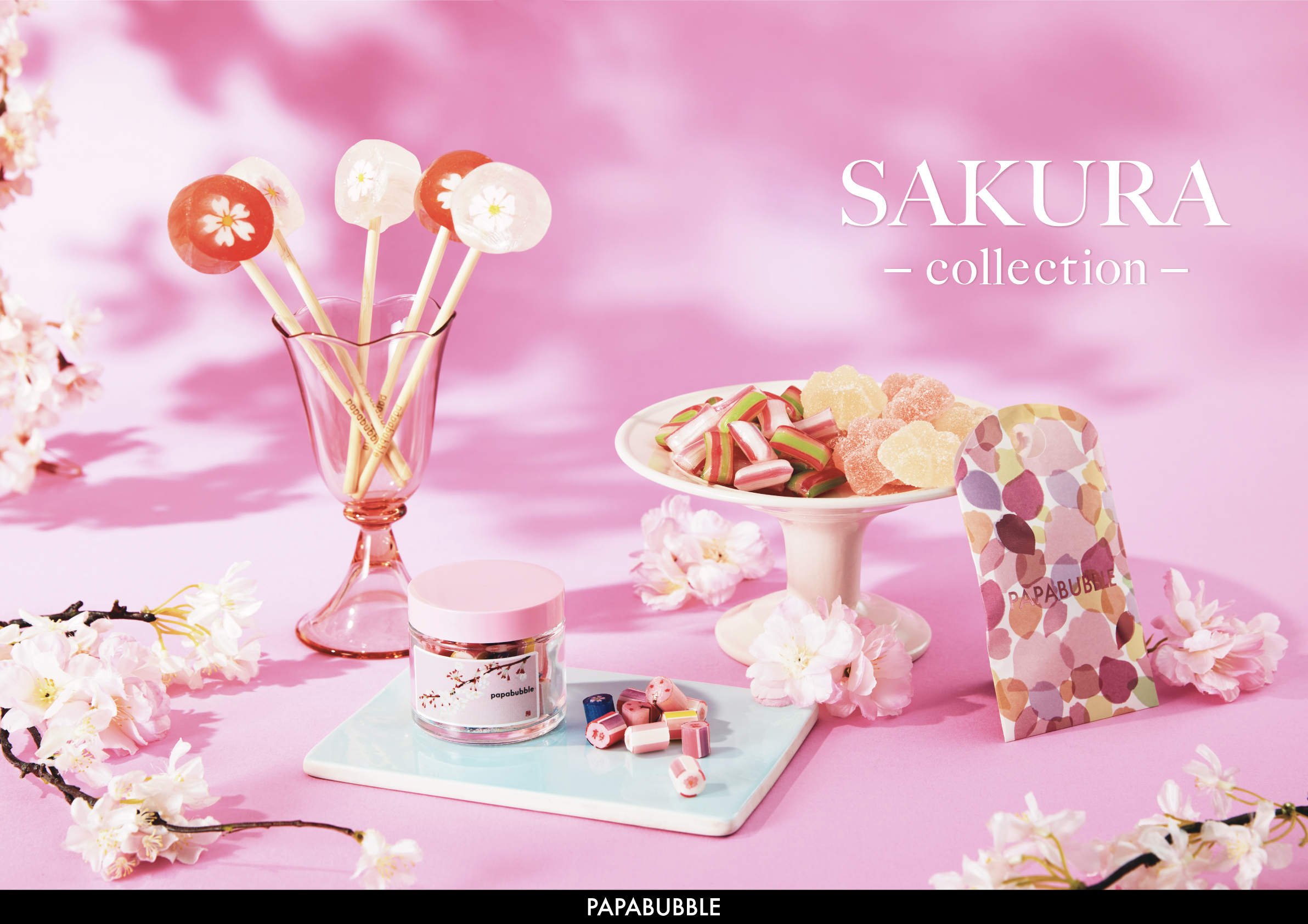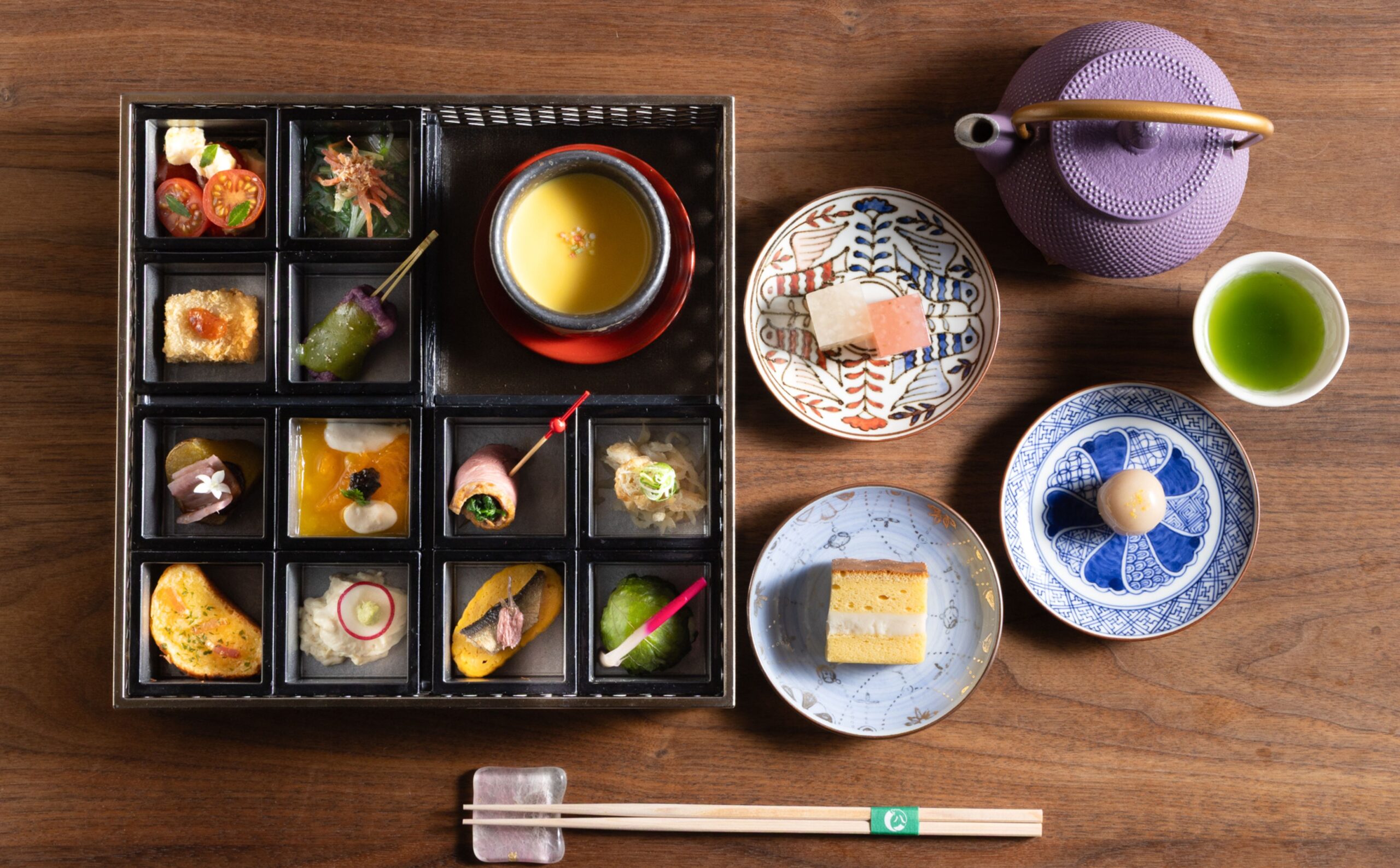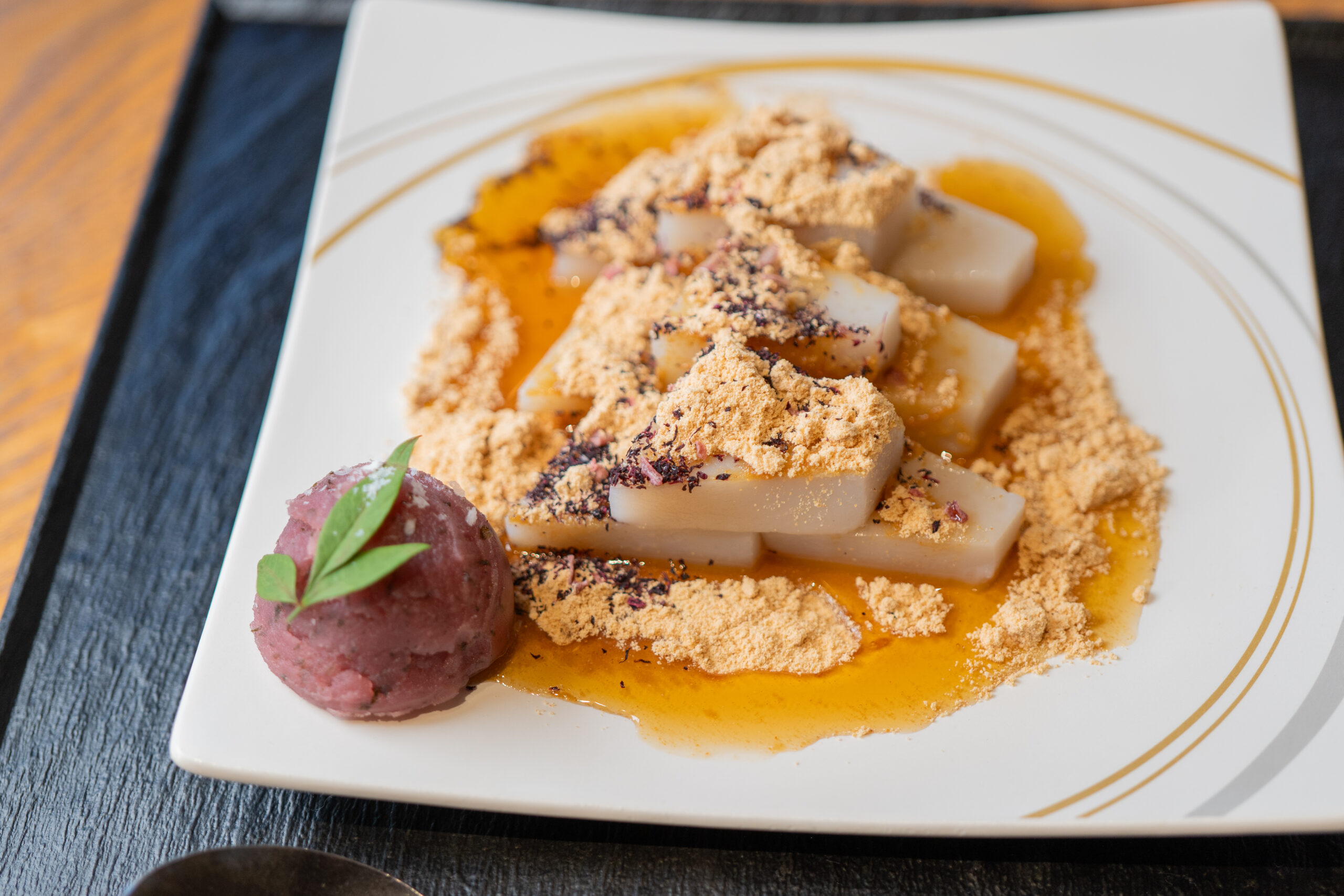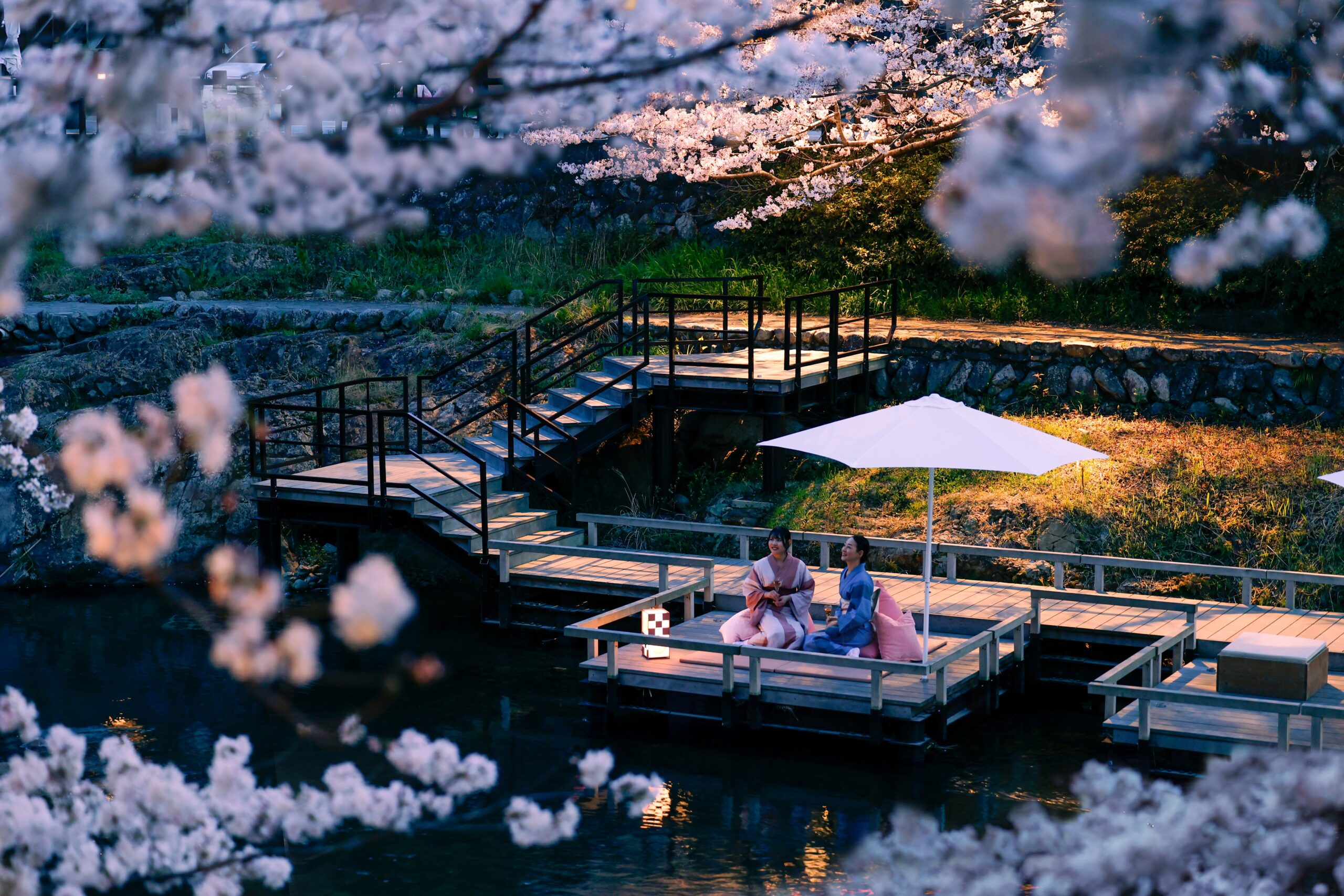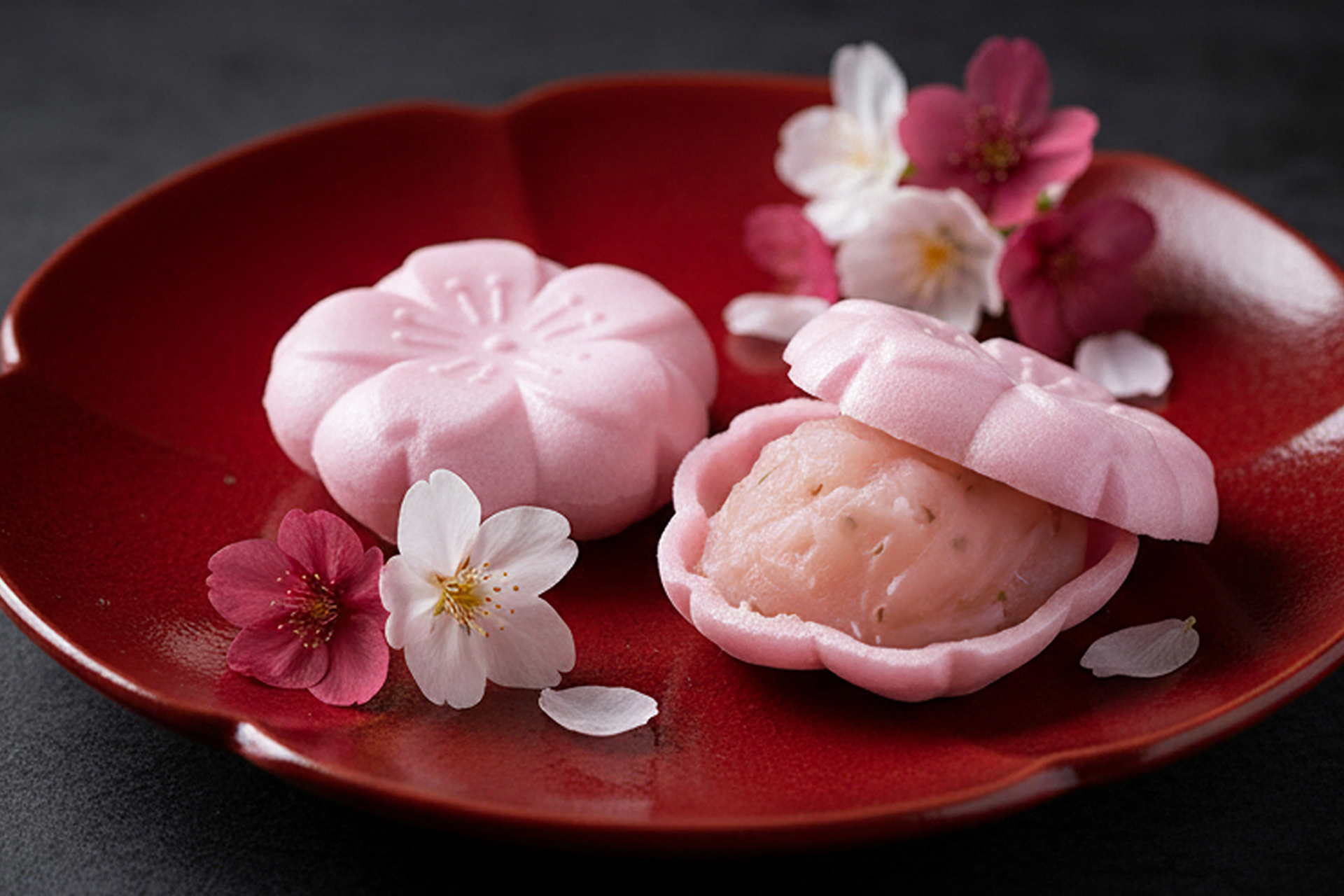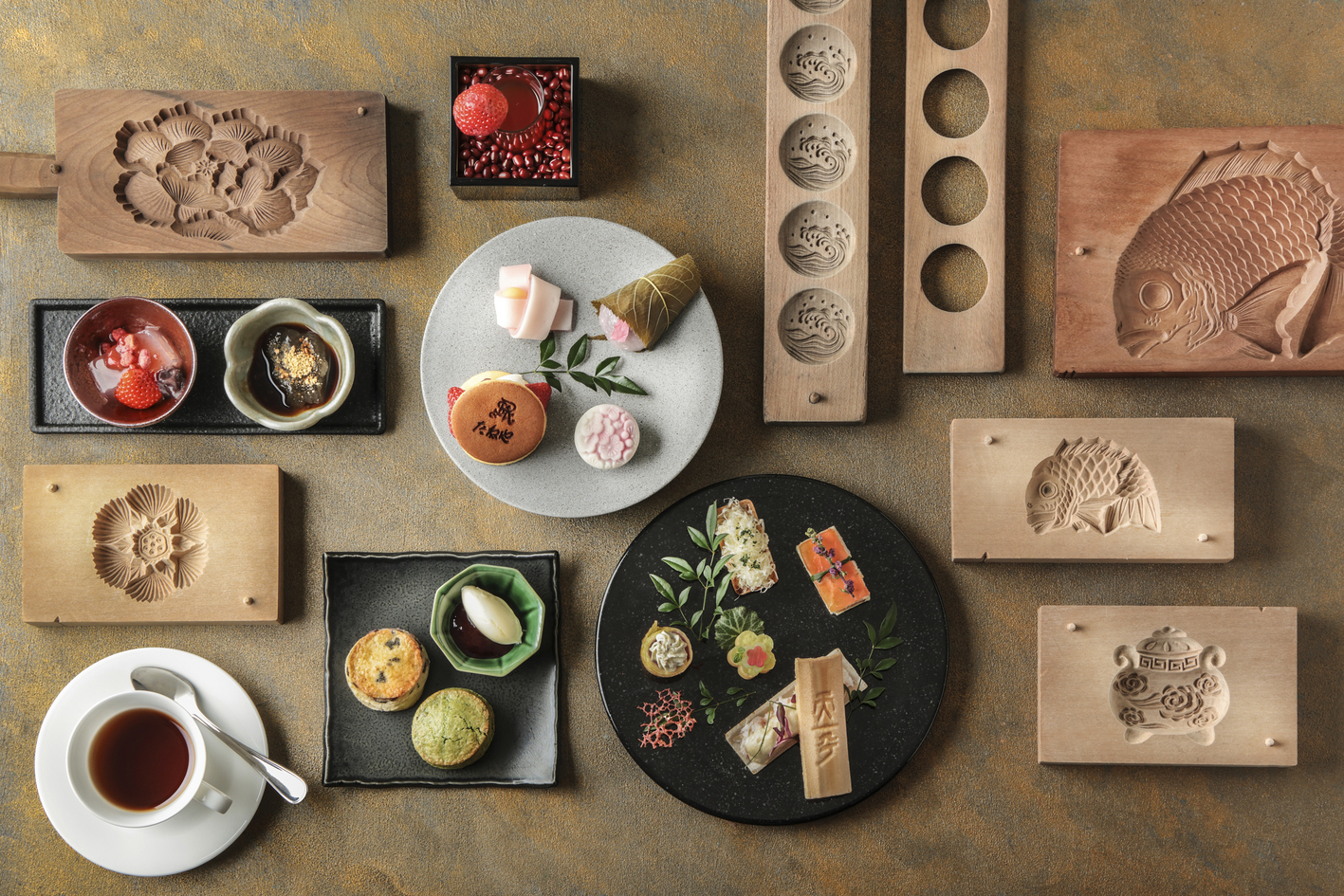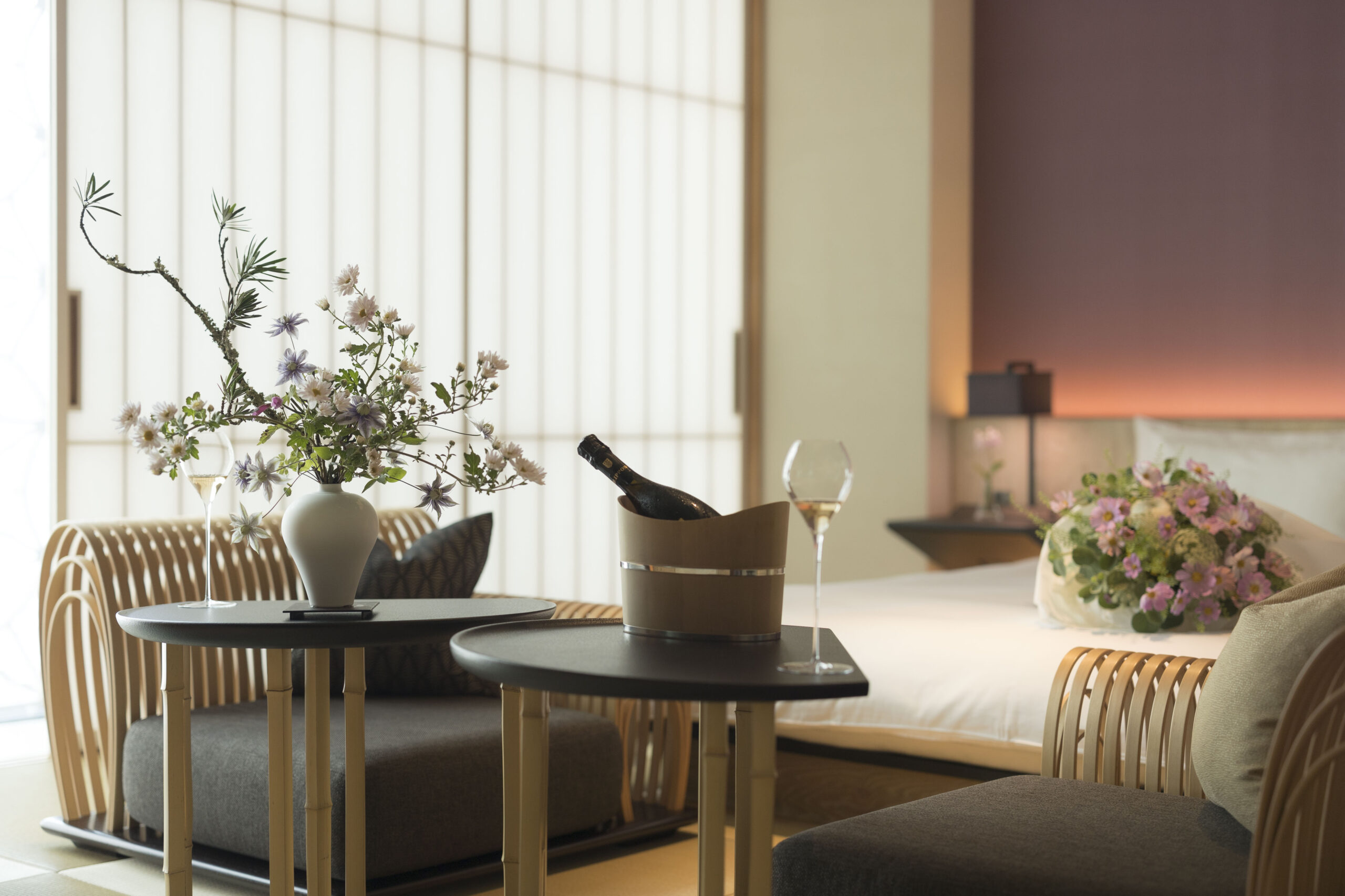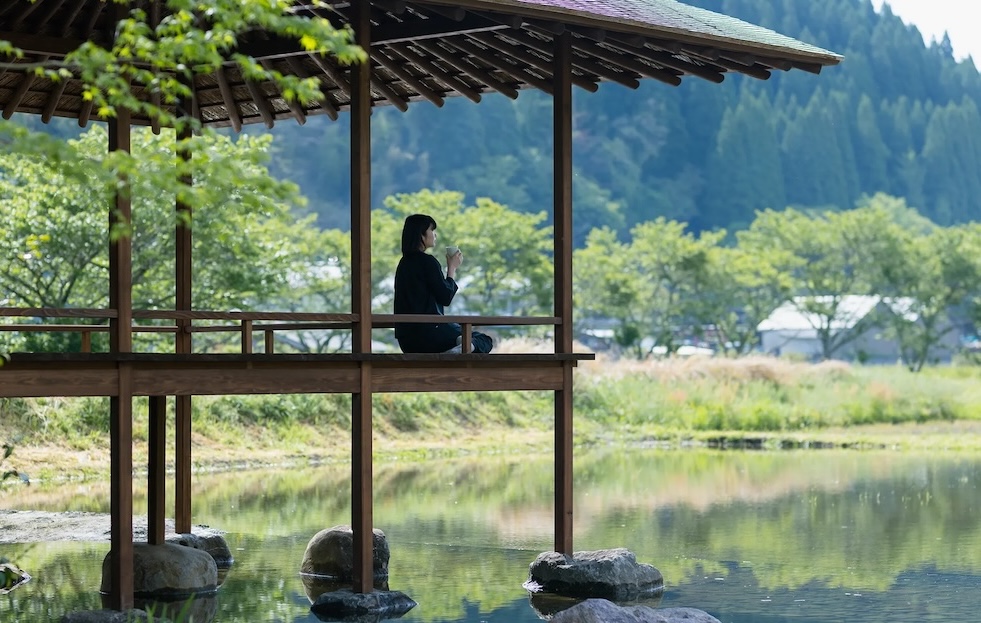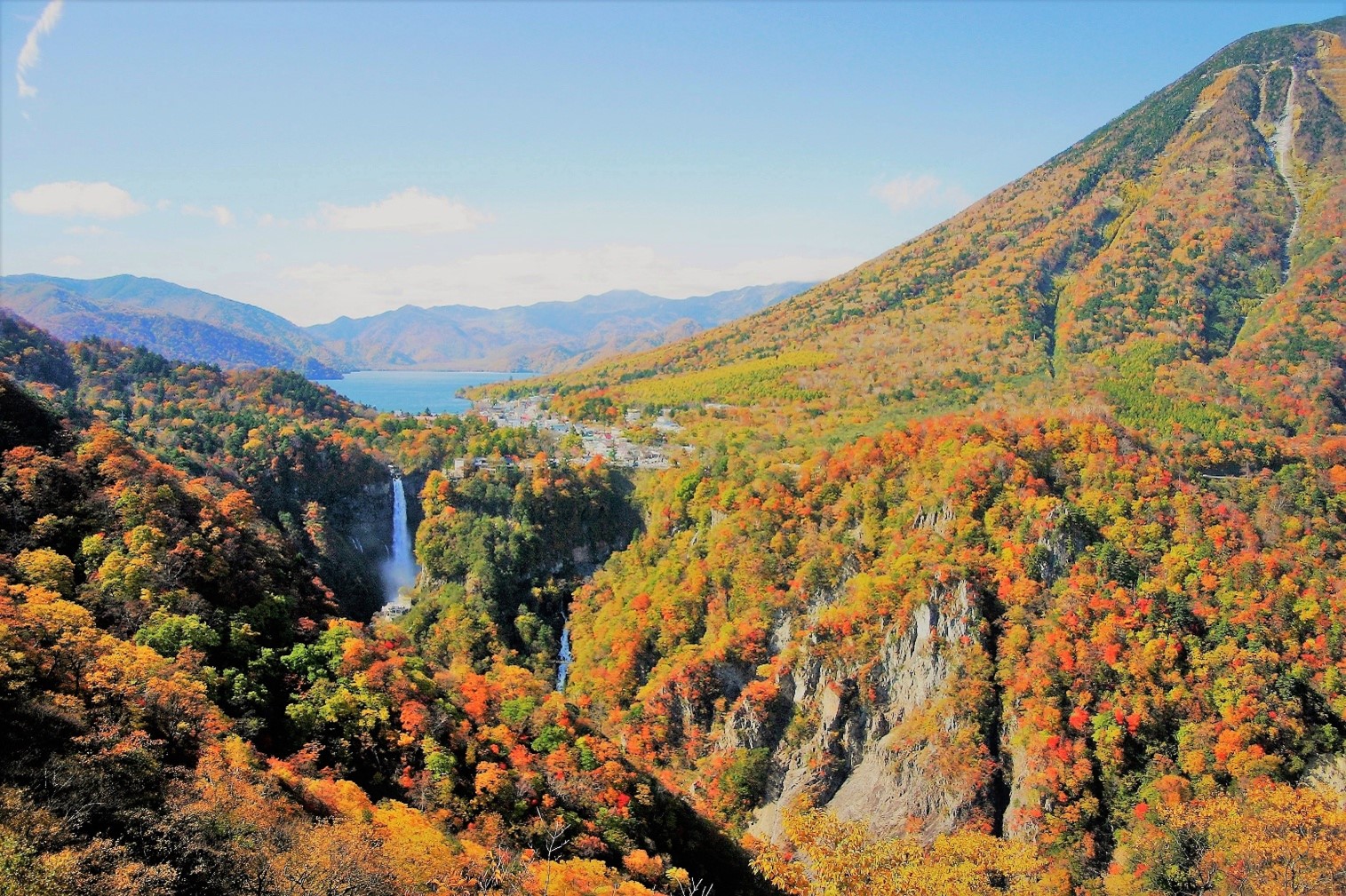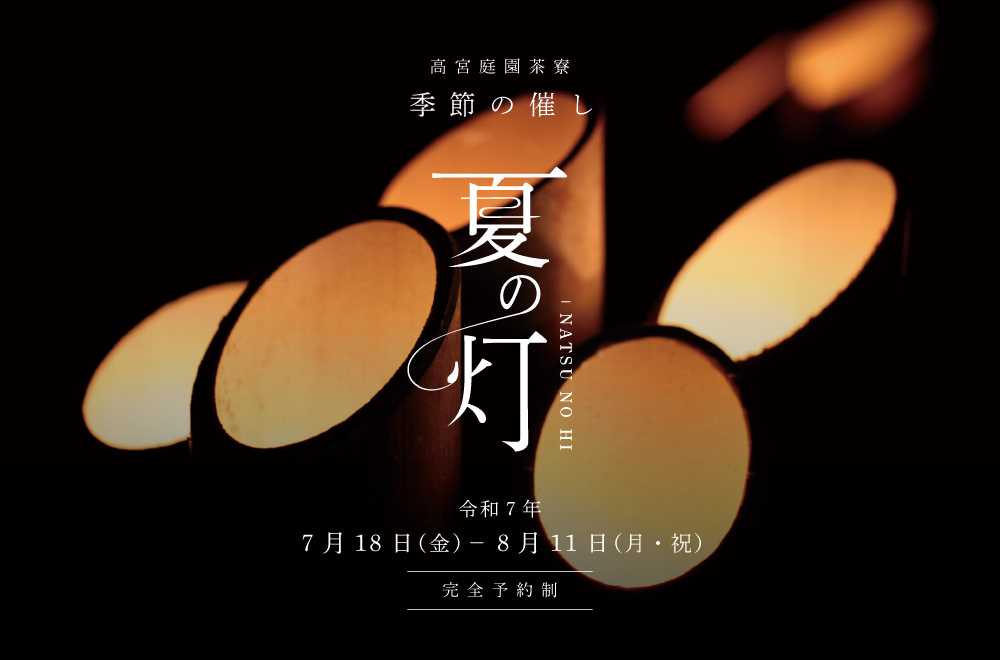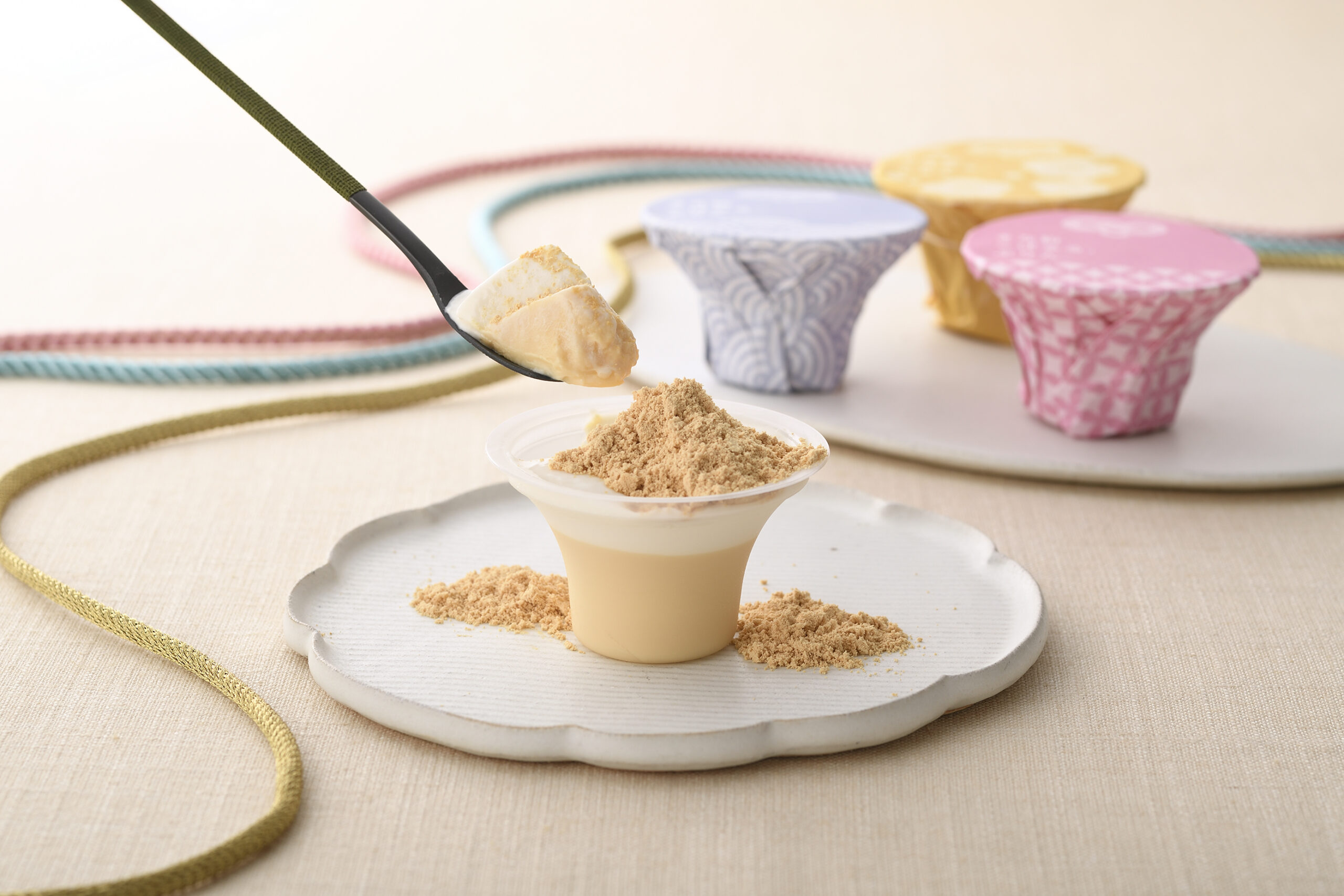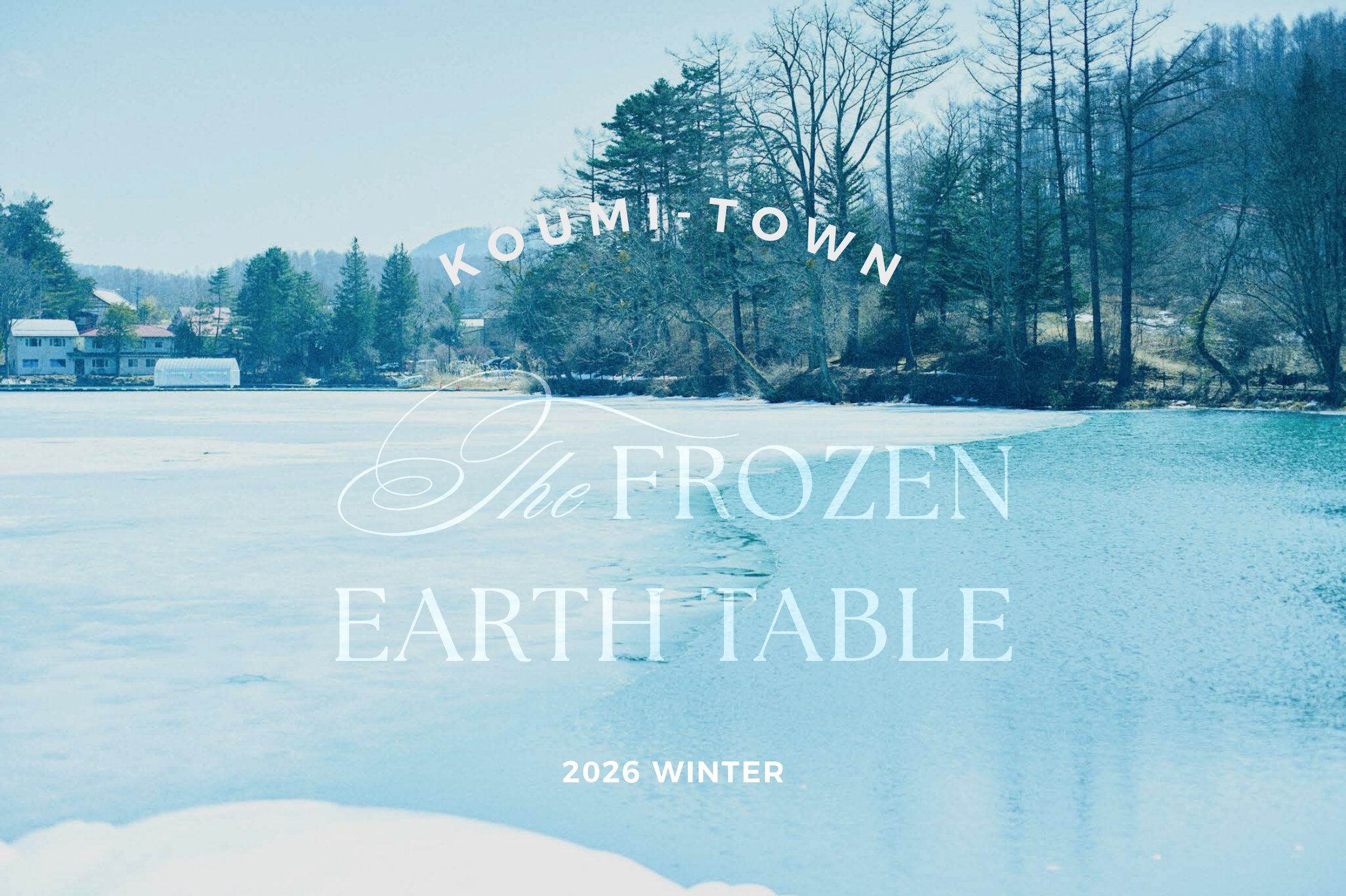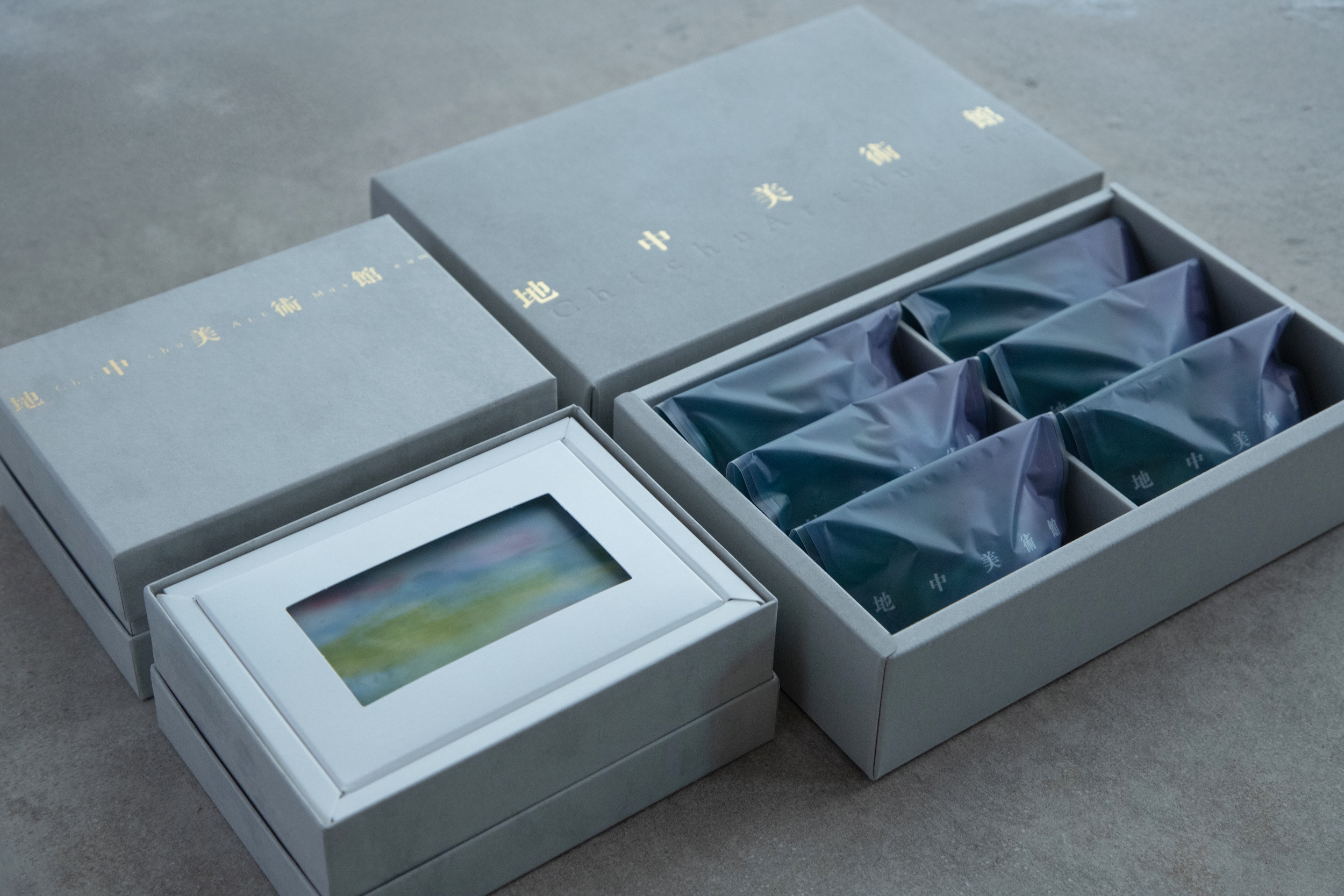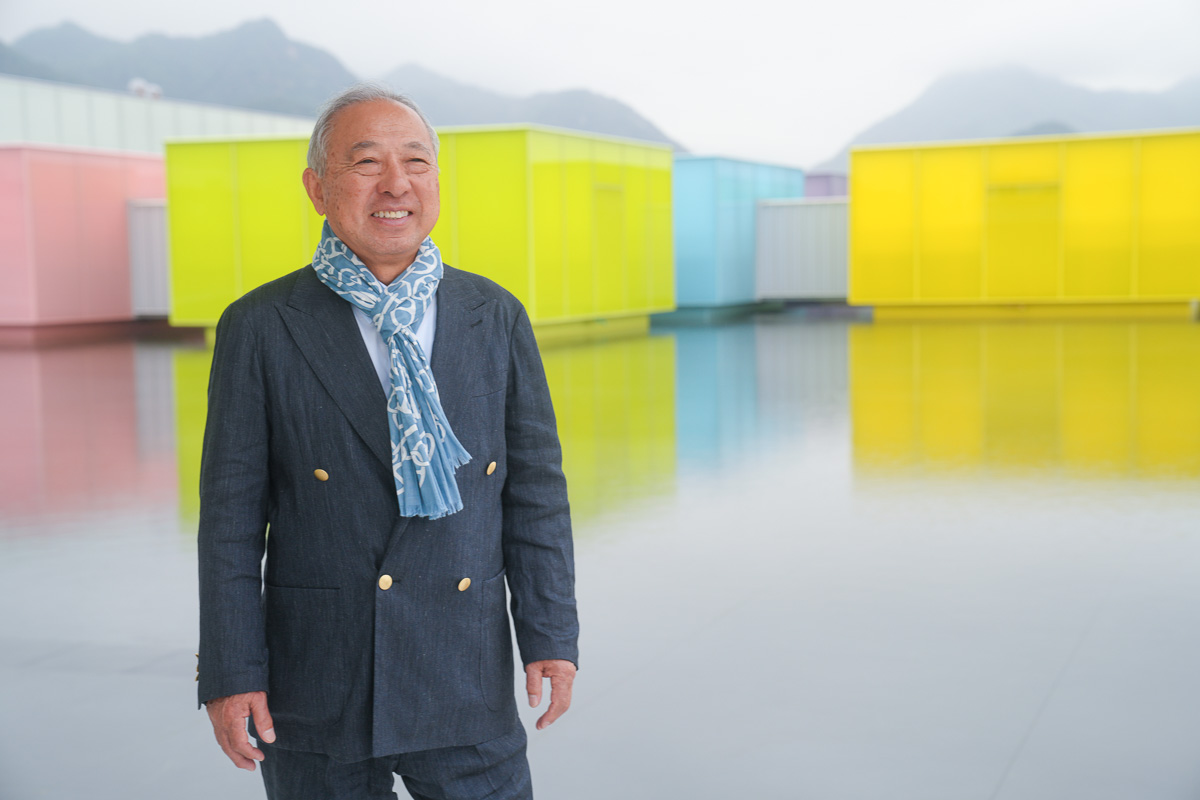An art hotel and Italian restaurant limited to 3 groups per day, nestled in the countryside of Toyama
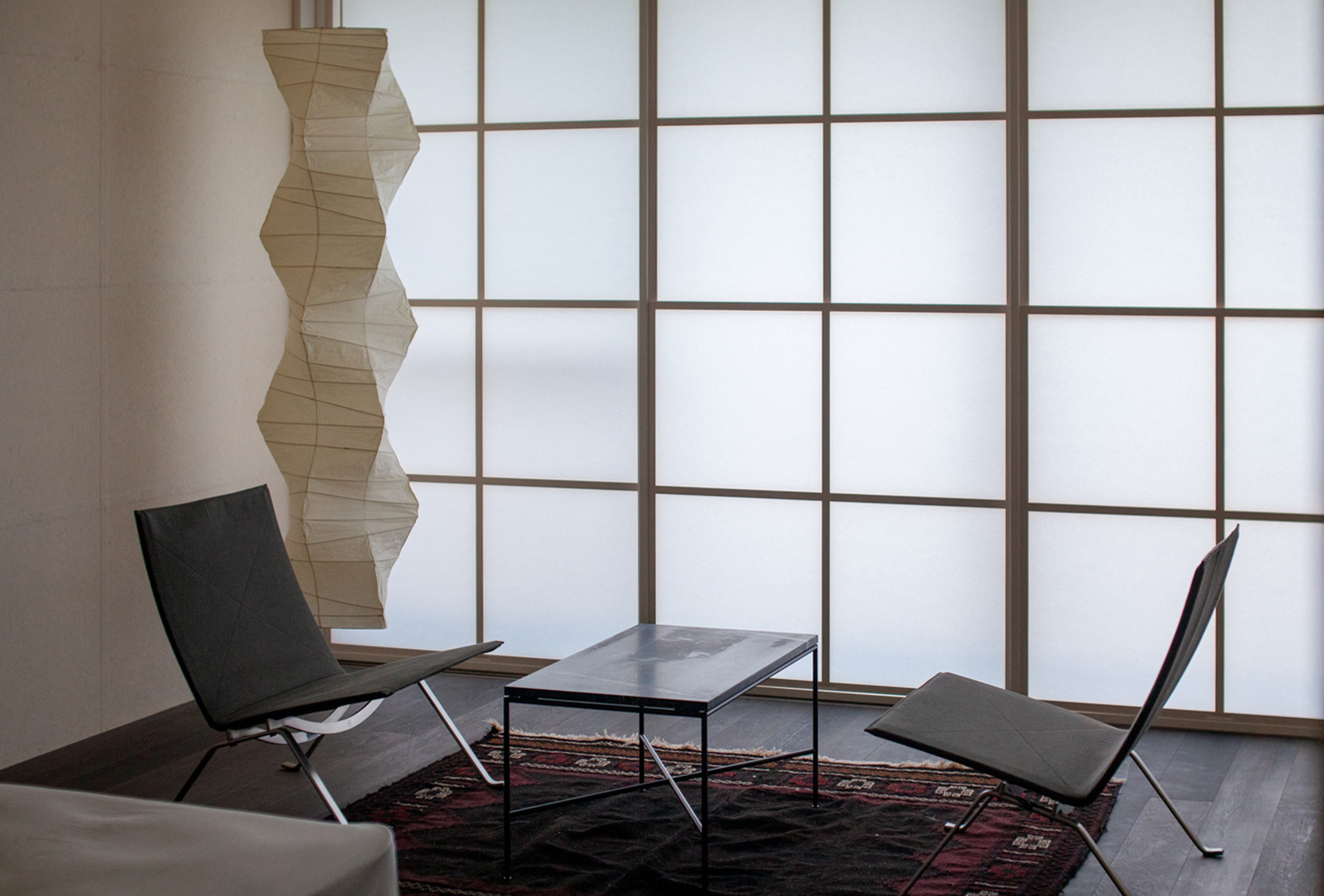
Guest room "紙 shi" Hatano Wataru Japanese paper is used from the walls to the ceiling
Surrounded on three sides by rice paddies, Rakudo-an is a traditional Toyama minka called “Azumadachi,” a small luxury lodging limited to three guests per day.
Using ancient natural materials such as earth, wood, washi paper, and silk, the space is seamlessly connected to the surrounding natural environment and history, and is furnished in harmony with folk art, crafts, and contemporary art. The premises will also house a restaurant, Ilkrima, which will serve Toyama’s unique Italian cuisine using ingredients from Toyama’s sea, mountains, and countryside, and a boutique that will sell folk art, crafts, and Toyama’s food.
Experiencing Toyama's earthly virtues
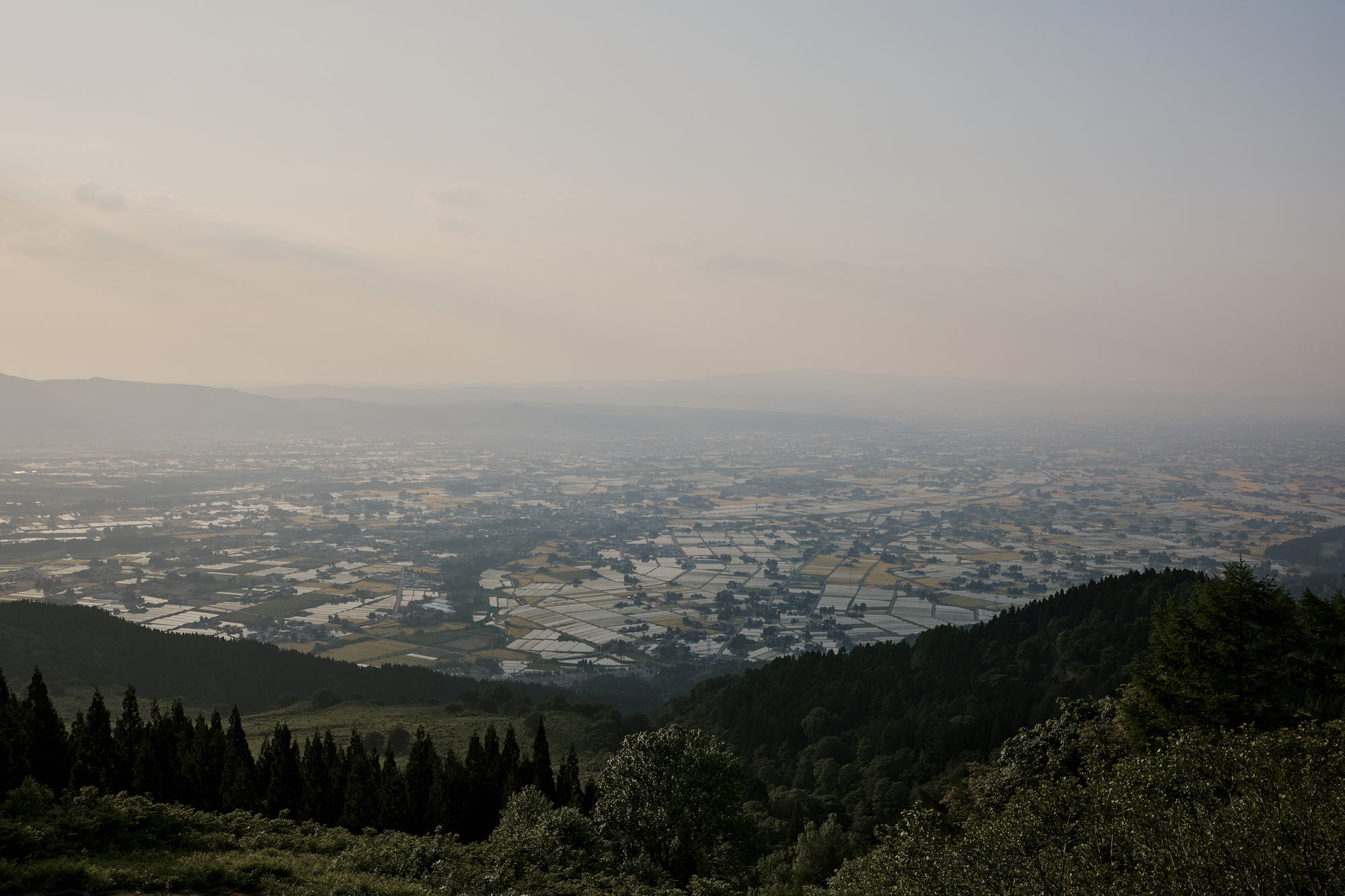
Scattered village bird's eye view(Photo by Nik van der Giesen)
The concept of Rakudo-An is to experience the “Dotoku of Toyama” through the surrounding landscape, space, art, cuisine, and activities.
Dotoku” refers to the dignity of the land that has been created by people in harmony with nature. It is said that Muneyoshi Yanagi, the founder of the folk art movement, visited Toyama and met people living in a harsh yet rich environment, who were grateful for the blessings they received, and expressed the idea that “there is a certain “Dotoku” here.
One manifestation of this is the “Scattered Village of Tonamino,” where Rakudo-an is located. The landscape, which has been created over the past 500 years, is the result of the symbiosis between nature and people, where the Japanese way of sustainable living has been practiced.
Trees in the forests are recycled as lumber and fuel for houses, and they are also places that nurture a variety of living creatures. The presence of irrigation canals, rice paddies filled with water, and forests has been shown to be environmentally significant, lowering the temperature of the ground surface by 13 degrees Celsius compared to urban areas. We aim to create an inn where visitors can be healed by being in touch with Toyama’s earthly virtues.
Proposal of "regenerative tourism" that leads to the regeneration of self and the region

Stone Buddha in a Scattered Village(Photo by Nik van der Giesen)
On the other hand, the decrease in demand for rice, the increase in abandoned farmland due to the shortage of farmers, and the decrease in residential forests and Azumadachi old folk houses due to changes in lifestyle, are not only beautiful landscapes, but also culture, beliefs, and communities. about to be lost
Therefore, I thought that I would like to work on the conservation and future succession of this dispersed village, based on the inn called Rakudo-an. We will promote “regenerative tourism,” a new style of travel that not only heals travelers by experiencing the virtues of Toyama, but also contributes to the revitalization of the region.
First of all, Rakudo-an will work on the following.
1 Donating 2% of the accommodation fee to a fund for conservation activities of dispersed villages
2 Implementation of activities to experience the charm and issues of scattered villages
3 Use of rice and vegetables from the village of Scattered Villages, dishes made by local traditional industries and craft artists, development of original products of Scattered Villages, and sales at the Rakudo-an Shop
A space where furniture from Scandinavia and the Joseon dynasty, folk crafts and contemporary art work resonate

Keisuke Serizawa "Kannon Bodhisattva"(Photo by Nik van der Giesen))
“Dotoku” is not unique to Toyama. All over the world, there are the virtues of each land, and there are “things” that manifest the beauty of the virtues of the land. What they have in common is the beauty of other powers that transcends human intervention. At Rakudo-an, we have collected furniture, crafts, and works of art from all over the world that manifest the beauty of others.
Among the interiors such as furniture by Pierre Jeanneret and Hans J. Wegner, bandachis from the Joseon Dynasty, Hida chests of drawers, lighting by Paul Henningsen and Jasper Morrison, and rugs from the Baluchi tribe of West Asia, Serizawa (Kei Kei) )suke, Shoji Hamada, Kanjiro Kawai, and Shiko Munakata, as well as craftsmen from Toyama and contemporary artists such as Rei Naito.
* “Kei” in “Serizawa Isuke” is a special character, so the substitute character “(Kin Kei)” is used.
Italian cuisine expressed with ingredients from Toyama
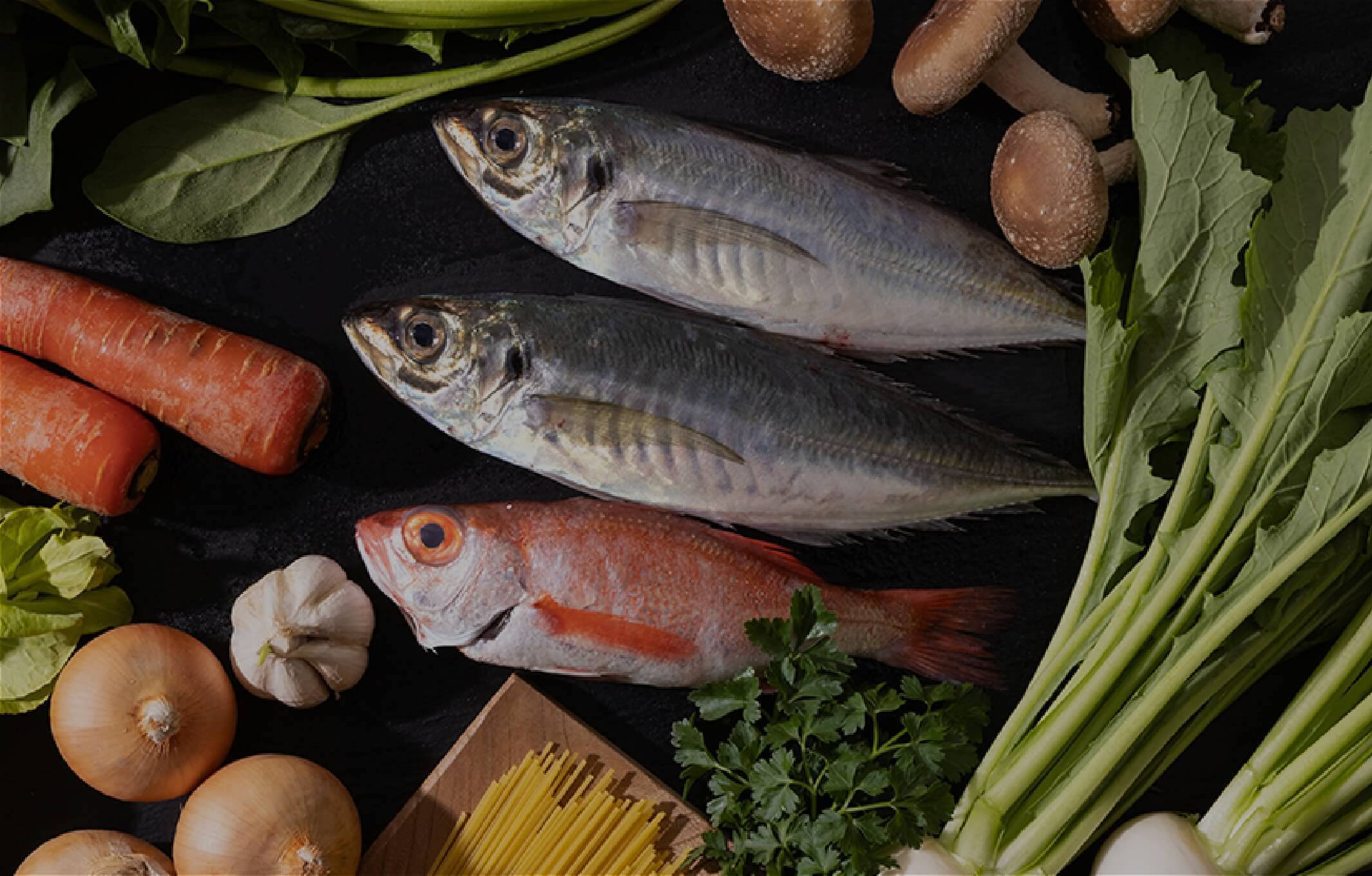
“Ilclima” means “climate” in Italian. Chef Yudai Ito, who trained in French and Italian restaurants while working as an instructor at the French School of Tsuji Culinary Institute, uses rich local ingredients to express Toyama’s soil virtues in the style of Italian cuisine.
The menu changes daily in order to offer the tastiest ingredients of the day and the season.
Rakudo-An
| Opening date: |
Wednesday, October 5, 2022 |
| Address: |
645 Nomurajima, Tonami City, Toyama Prefecture |
| Rooms: |
Maximum 6 people in 3 rooms
Special room “Sat do” 47.5m2 + wood deck 15m2/
“Paper shi” “Kinu ken” 40m2 + wood deck 22.5m2 |
>Click here to make a reservation
